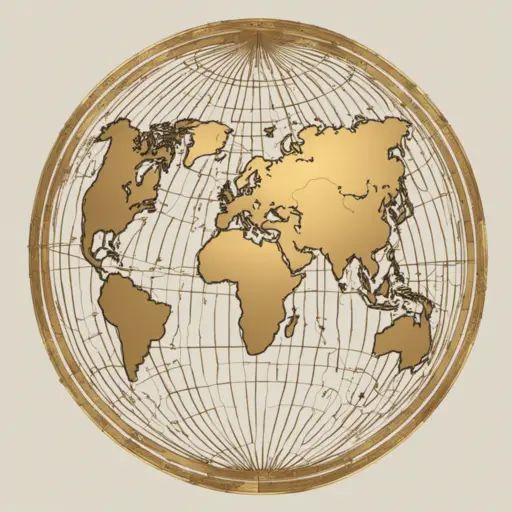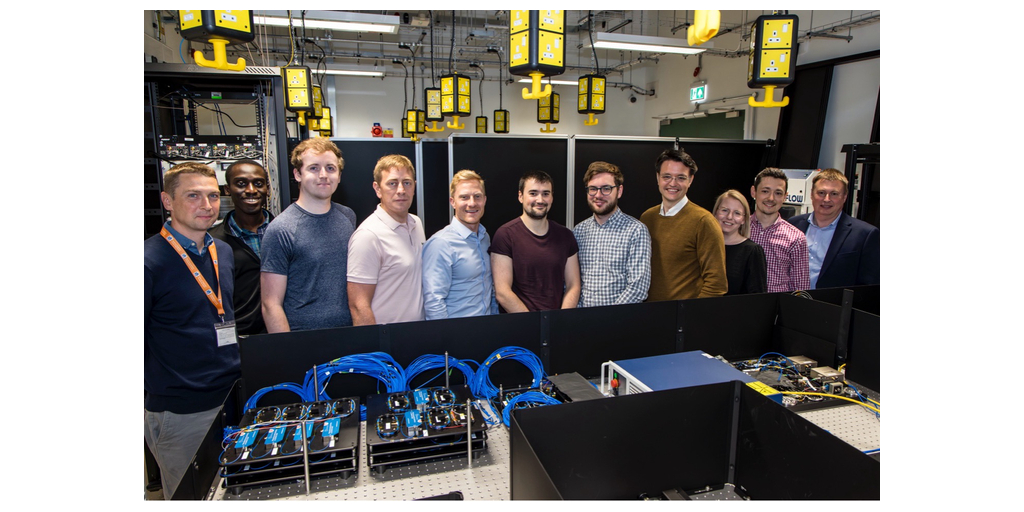Insider Brief
- Quantum computing offers powerful advantages for nations that master the technology, however, it’s unlikely one country can dominate the quantum competition.
- Quantum’s complex supply chains and a scarcity of talent requires a global effort.
- Writing in Foreign Policy, an analyst for Australian Strategic Policy Initiative advises the U.S. to strengthen its already robust geopolitical relationships to build global quantum partnerships.
Quantum computing, regarded as a defining technology of this century, is poised to revolutionize sectors from climate change to biotechnology. However, quantum’s computational disruption comes with risks, too, particularly in cybersecurity and international technology competition, according to Bronte Munro, an analyst for Australian Strategic Policy Initiative.
Munro, writing in Foreign Policy, reports that the United States currently leads in quantum research, closely followed by China. This technological race is reminiscent of Cold War dynamics, requiring the U.S. to address the national and economic security threats posed by quantum computing, according to Munro.
However, securing a lead in quantum computing cannot be a solo journey for the U.S. The global scarcity of expertise in this field necessitates collaborative efforts in human capital, research, and advanced manufacturing. The CHIPS and Science Act, passed in August 2022, reflects an understanding of this need but also highlights the importance of not isolating allies in imposing export controls on advanced technologies.
Semiconductors are also a focus of this international collaboration-slash-competition. Access to advanced semiconductor manufacturing is crucial for developing powerful quantum computers. China’s progress in domestic manufacturing of advanced semiconductors, evident in Huawei’s recent smartphone featuring a 7 nanometer chip, underscores the importance of coordinated action among U.S. and its allies.

Australia Partnership
According to Munro, Australia emerges as a key partner in this technological endeavor. With a significant proportion of the world’s quantum scientists and a national strategy aimed at building the first error-corrected quantum computer, Australia’s collaboration with the U.S. in quantum science dates back to the 1990s. Recent joint ventures between Australian and U.S. companies, like the one between Q-CTRL and Diraq, demonstrate this growing partnership, Munro added.
This could just be the beginning of a U.S.-Australia alliance.
Munro writes: “Australia is a natural partner for the United States on quantum computing. Despite having only 0.3 percent of the global population, Australia is home to 10 percent of the world’s quantum scientists; these scientists are supported by a national quantum strategy. Announced in May, the strategy lays out the ambitious goal of building the world’s first error-corrected quantum computer and the importance of collaboration with trusted partners in the private sector to create it.”
The AUKUS security arrangement, including the U.K., also offers a structured pathway for innovation collaboration among these nations, with quantum computing identified as a priority area. U.S.-based PsiQuantum’s partnerships within this alliance ecosystem exemplify such collaborative efforts.
Munro advises that the U.S. and its allies need to foster public-private partnerships for effective development of quantum technologies. These partnerships can leverage disparate talent pools, enhance R&D, and diversify manufacturing supply chains. Examples of such collaborations are evident in the U.K.’s National Quantum Computing Centre and Australia’s quantum industry, as well as international partnerships like Xanadu’s collaboration with South Korea.
Government support is vital in these initiatives, providing capital and market access essential for industry growth. This requires a concerted effort in relationship building, infrastructure investment, and coordinated research and development.
As leaders in quantum computing, the U.S. and its allies have the opportunity to shape the industry by establishing international standards and ensuring responsible development. This involves strategic supply chain management and the cultivation of specialized infrastructure and skilled workforces within a trusted alliance network.
The race for quantum computing supremacy isn’t just about technological achievements; it’s a geopolitical strategy game, writes Munro. The U.S., however, has a secret weapon: its strong scientific, technological and geopolitical alliances.
Munro concludes: “The United States is already throwing everything it can at slowing down China’s access to the technology and the expertise it needs to gain a competitive advantage in key technology areas. Access to talent, research and innovation, and advanced semiconductor manufacturing are vital ingredients in achieving quantum computing leadership. As global technology competition continues to intensify, a strong history of allied partnership is an advantage that the United States holds over adversaries, and it needs to be bullish about leveraging it.”
For more market insights, check out our latest quantum computing news here.




















